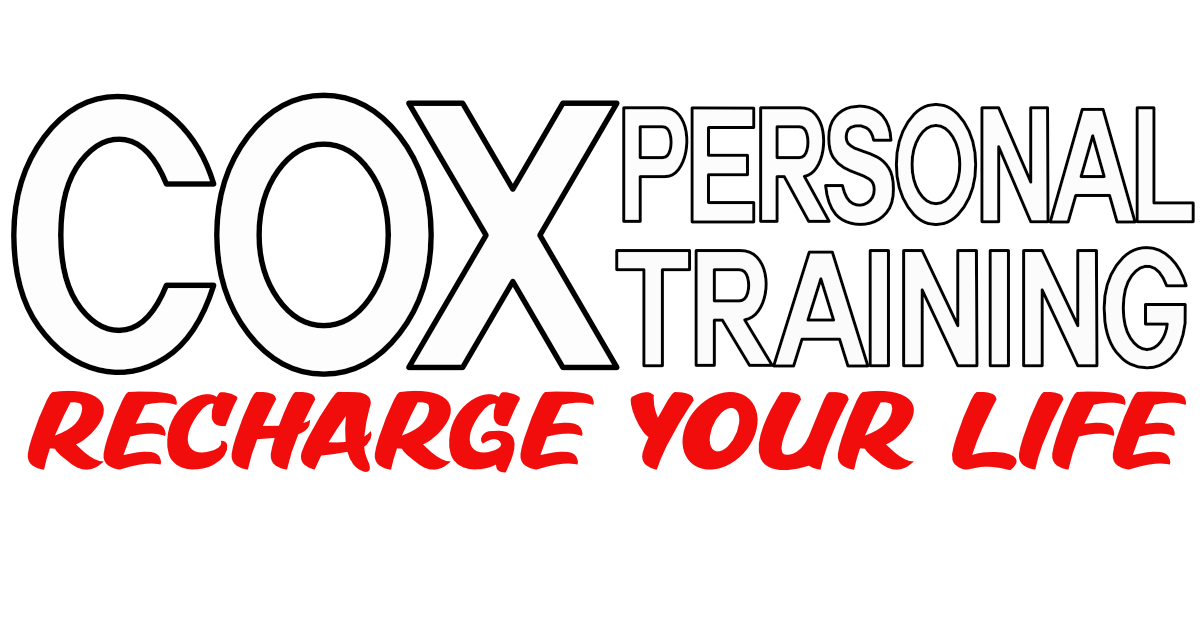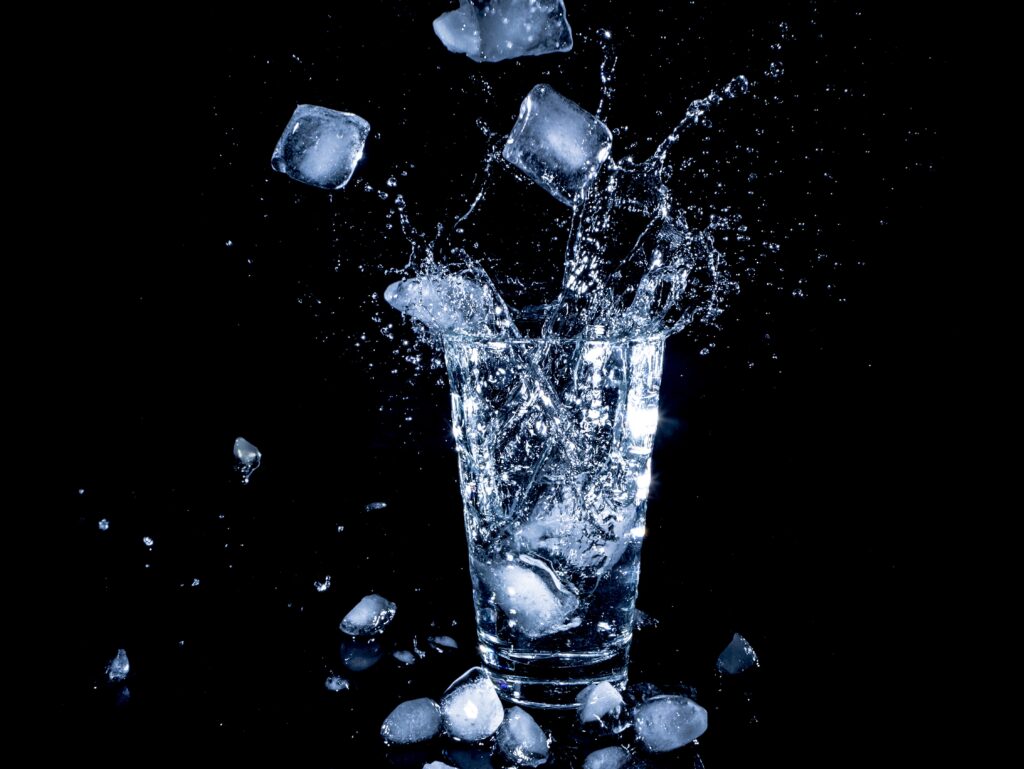Staying hydrated during workouts is essential for maintaining overall health and optimizing your exercise performance. Here are the top three reasons why you should prioritize hydration during workouts:
Optimal Physical Performance: Proper hydration is critical for maintaining your physical performance during exercise. When you’re well-hydrated, your muscles and joints function more efficiently, and you have better strength, endurance, and power. Dehydration can lead to early fatigue, muscle cramps, and decreased coordination, all of which can hinder your ability to work out effectively.
Temperature Regulation: During exercise, your body generates heat, which needs to be dissipated to prevent overheating. Sweating is the body’s natural cooling mechanism, but if you’re dehydrated, your ability to sweat effectively can be compromised. This can lead to an increased risk of heat-related illnesses, such as heat exhaustion or heatstroke. Staying hydrated helps regulate your body temperature and keeps you safe during intense workouts, especially in hot and humid conditions.
Recovery and Muscle Function: Hydration plays a crucial role in the recovery process. After a workout, your body needs to repair muscle tissue, remove waste products, and replenish glycogen stores. Adequate hydration supports these processes by ensuring that nutrients are transported to your muscles efficiently. Additionally, staying hydrated helps reduce the risk of muscle soreness and cramping post-workout, allowing for a quicker and more comfortable recovery.
In summary, staying hydrated during workouts is essential for maintaining peak physical performance, preventing overheating, and supporting post-workout recovery. To ensure you’re adequately hydrated, drink water before, during, and after your exercise session and pay attention to your body’s thirst cues. The exact amount of water you need can vary based on factors like the intensity and duration of your workout, weather conditions, and individual differences, so it’s important to listen to your body and adjust your fluid intake accordingly.


